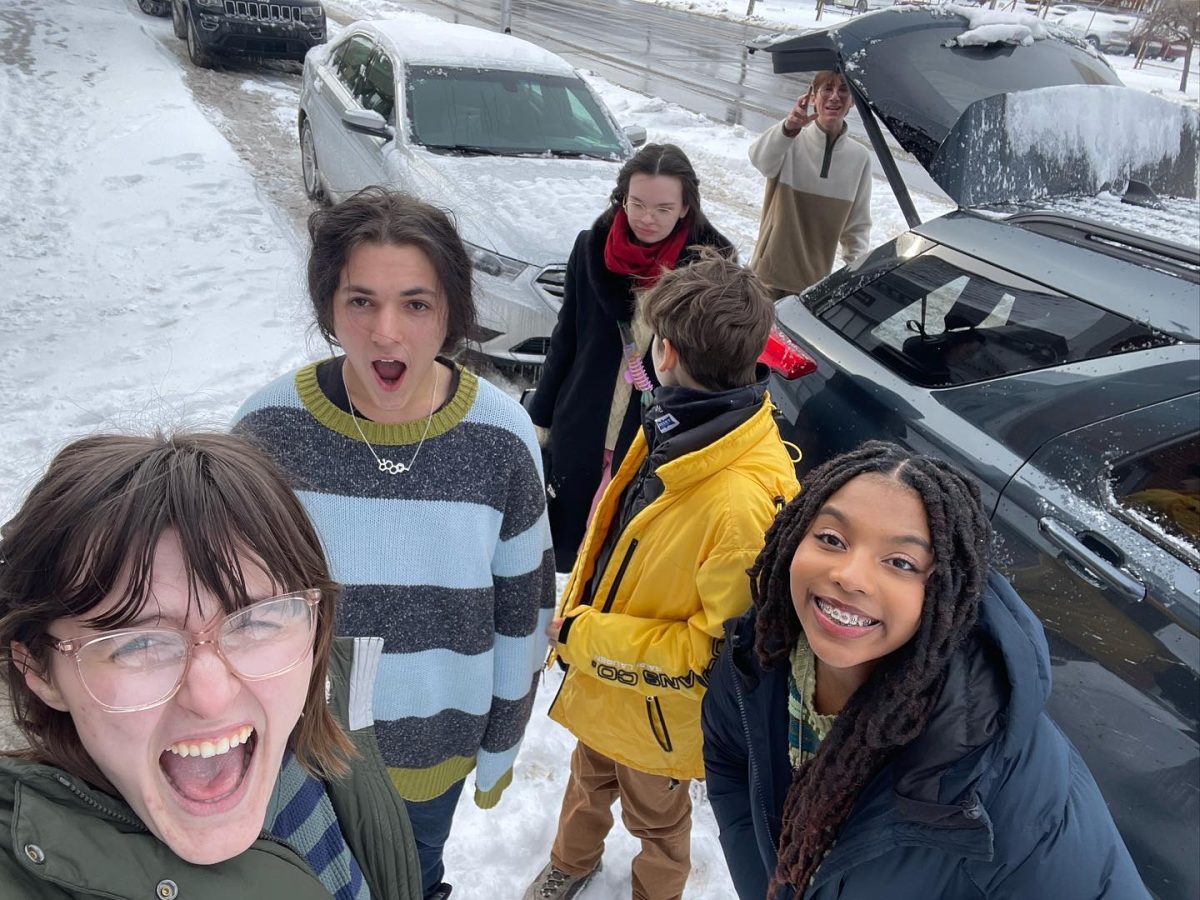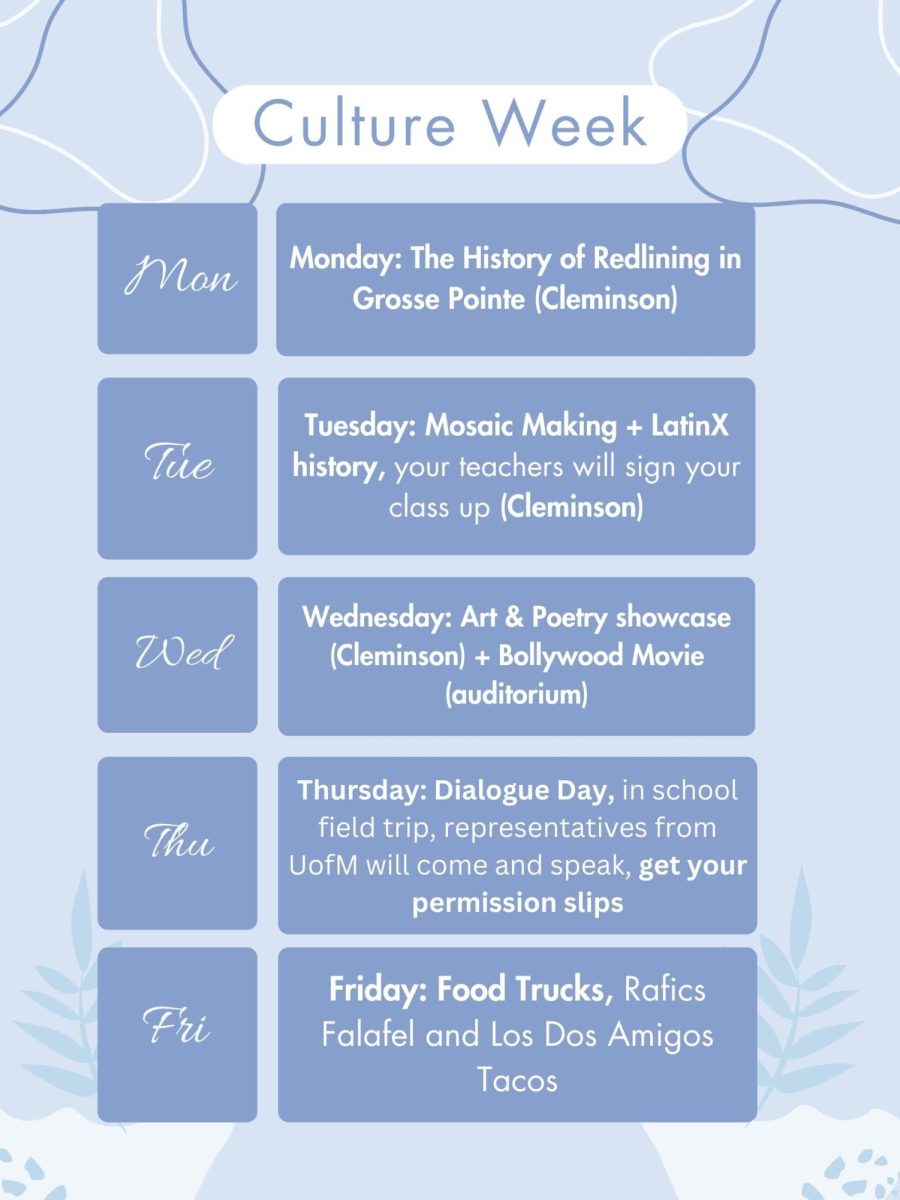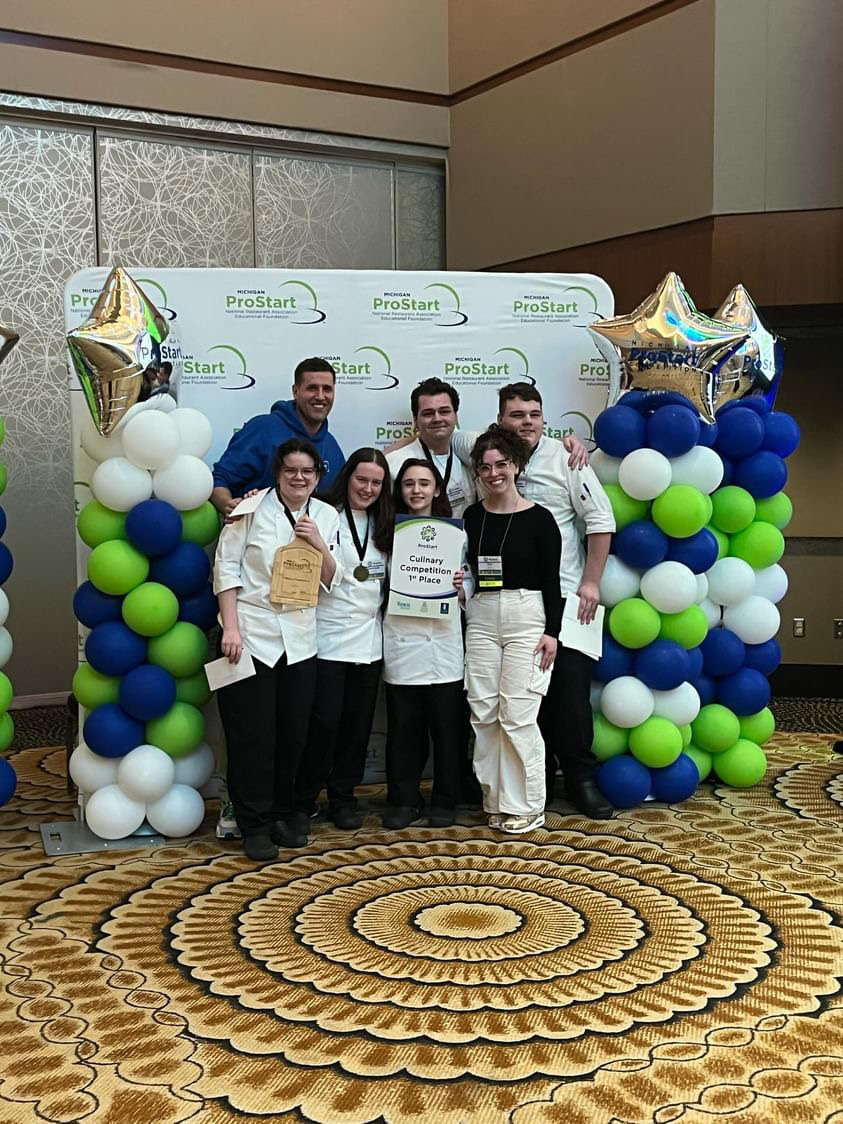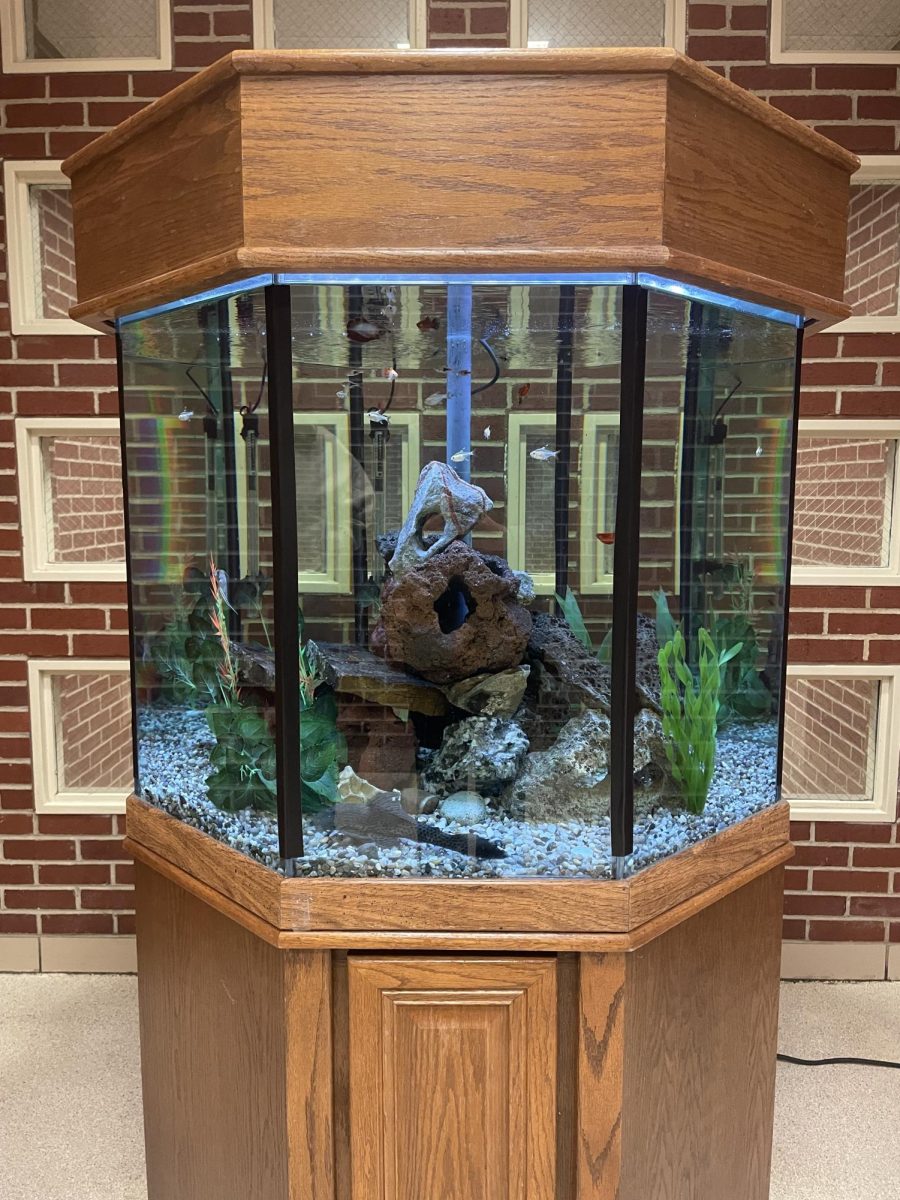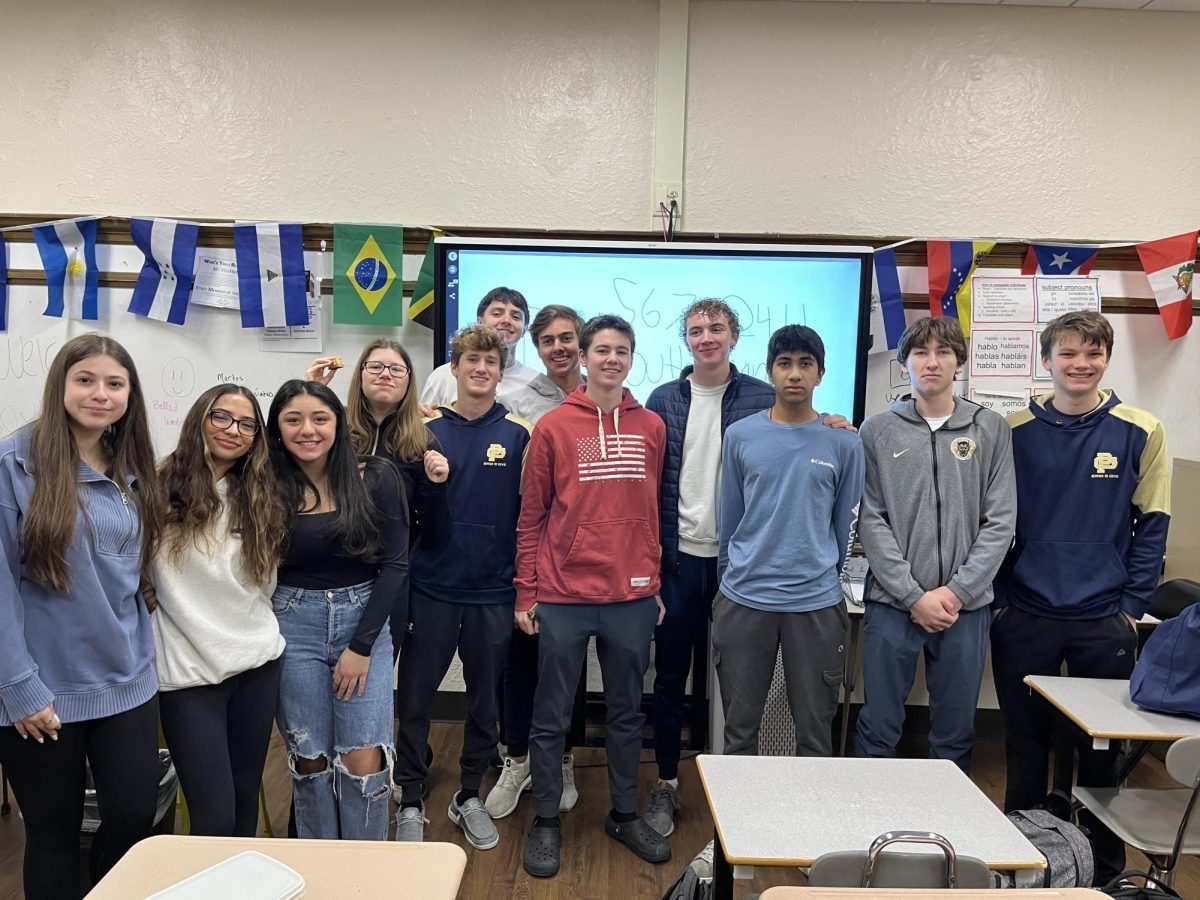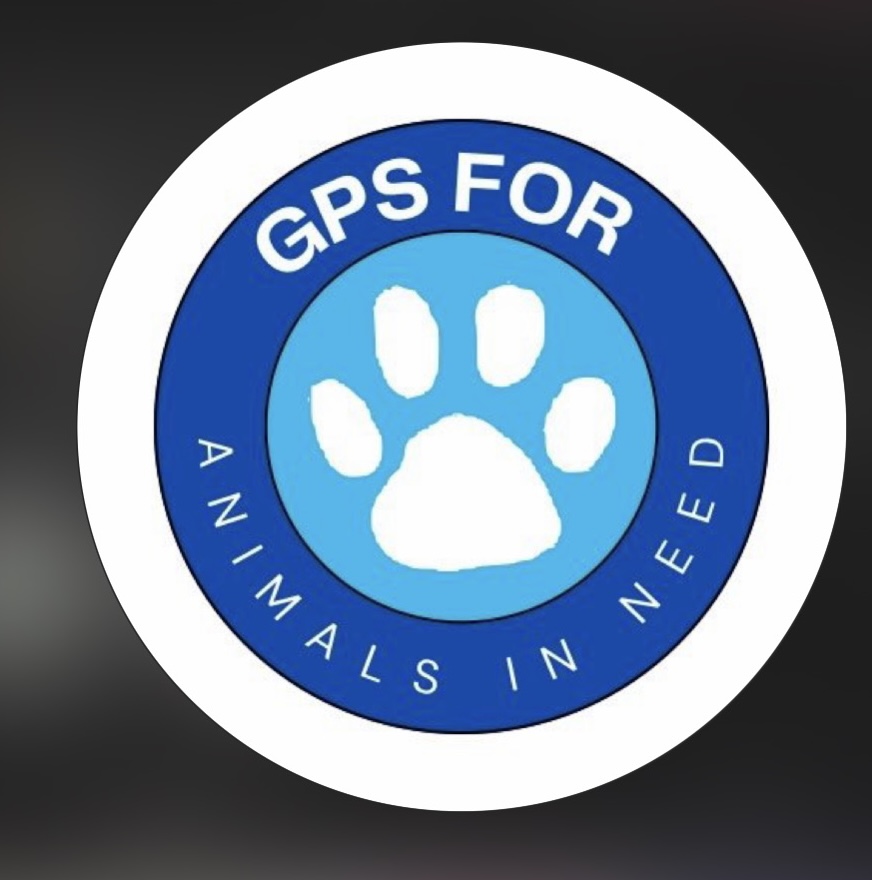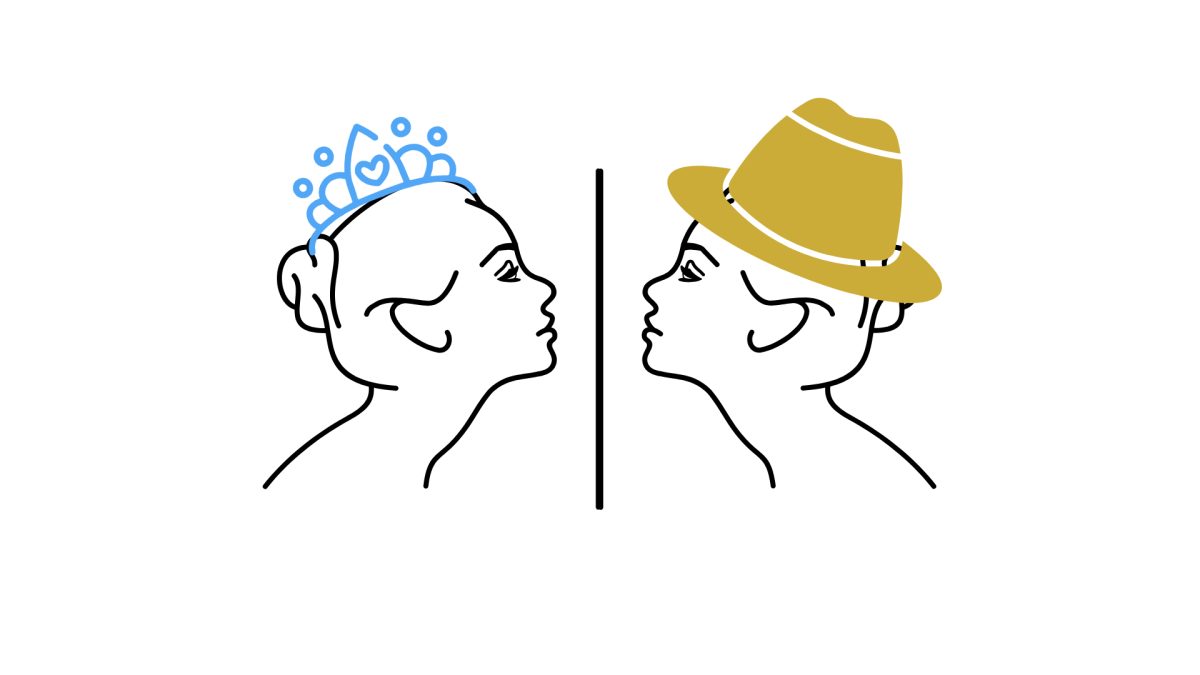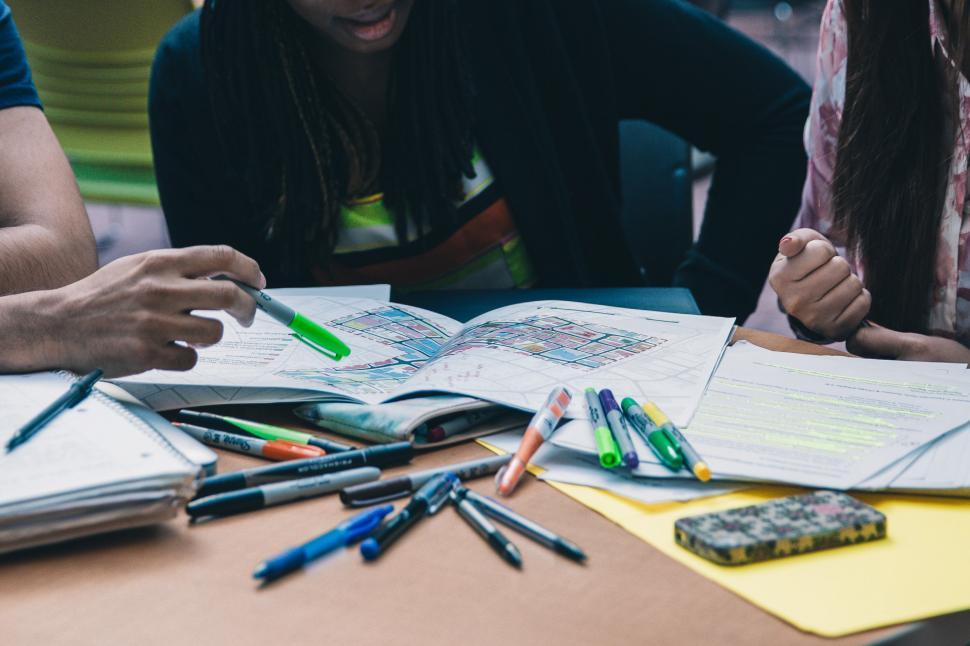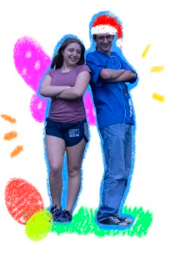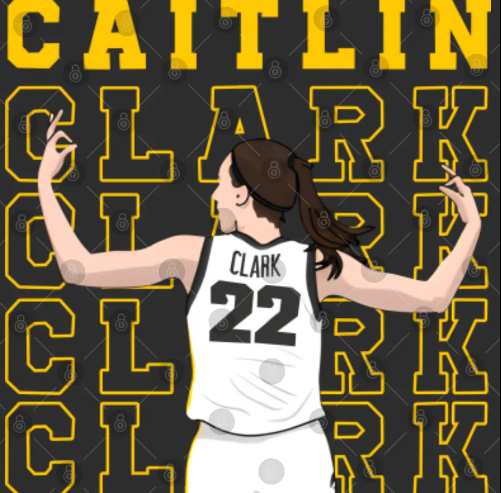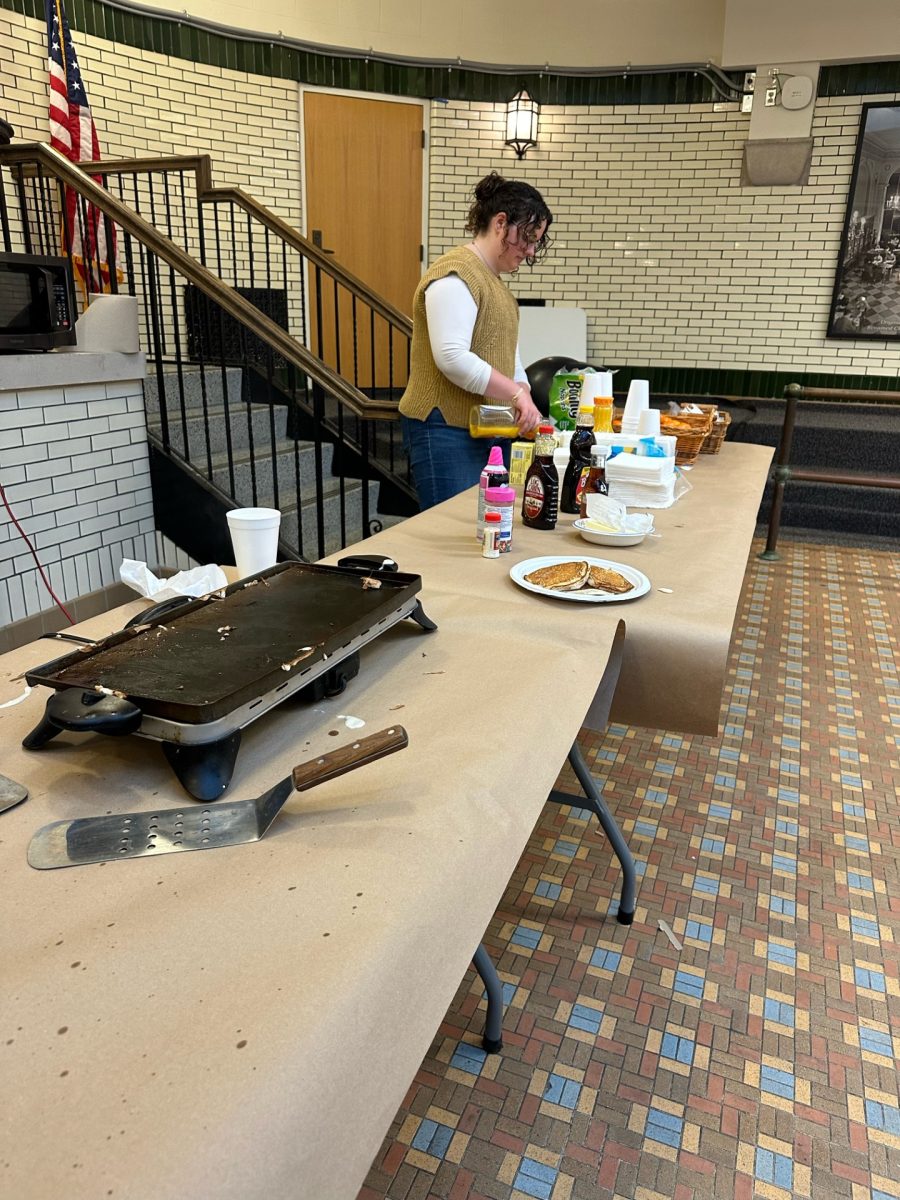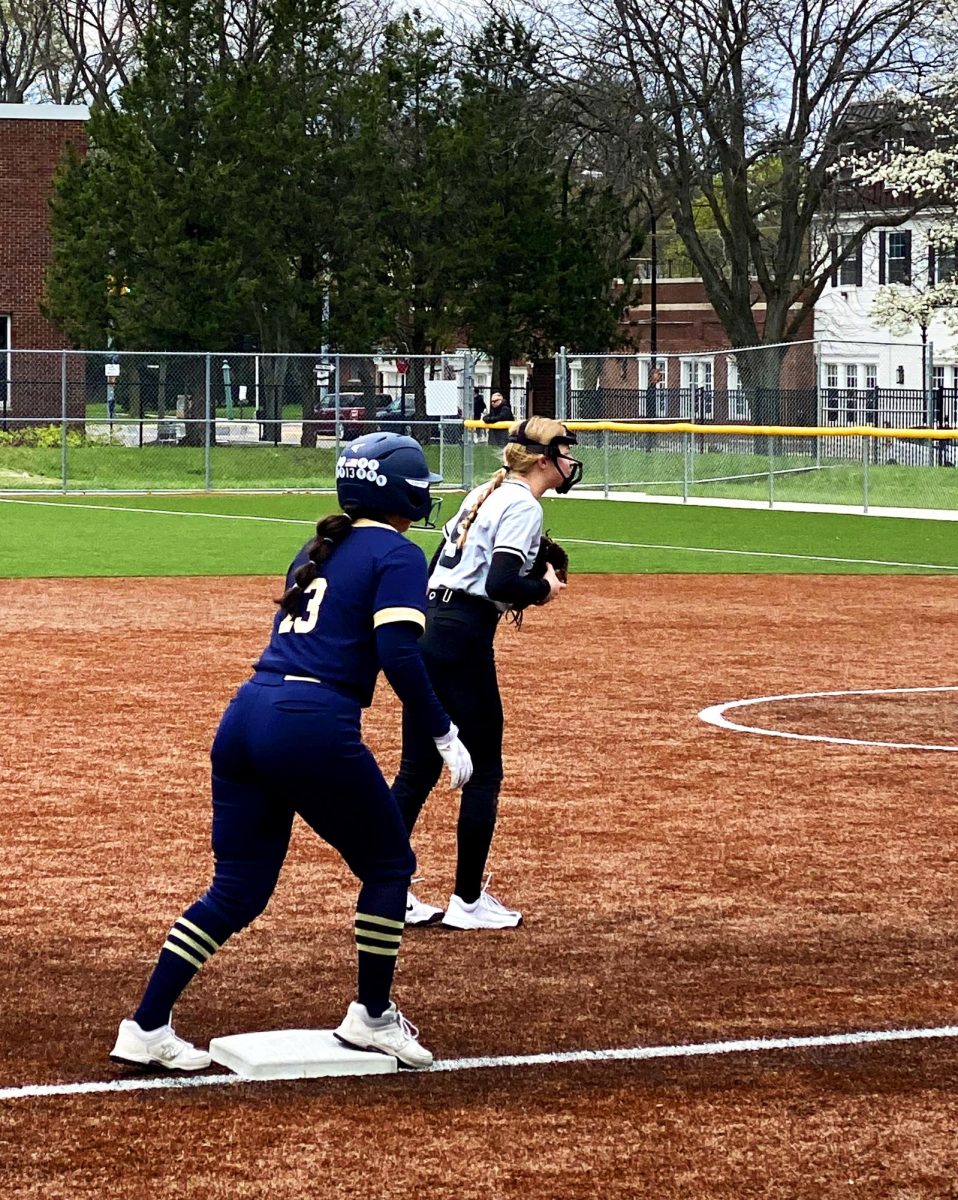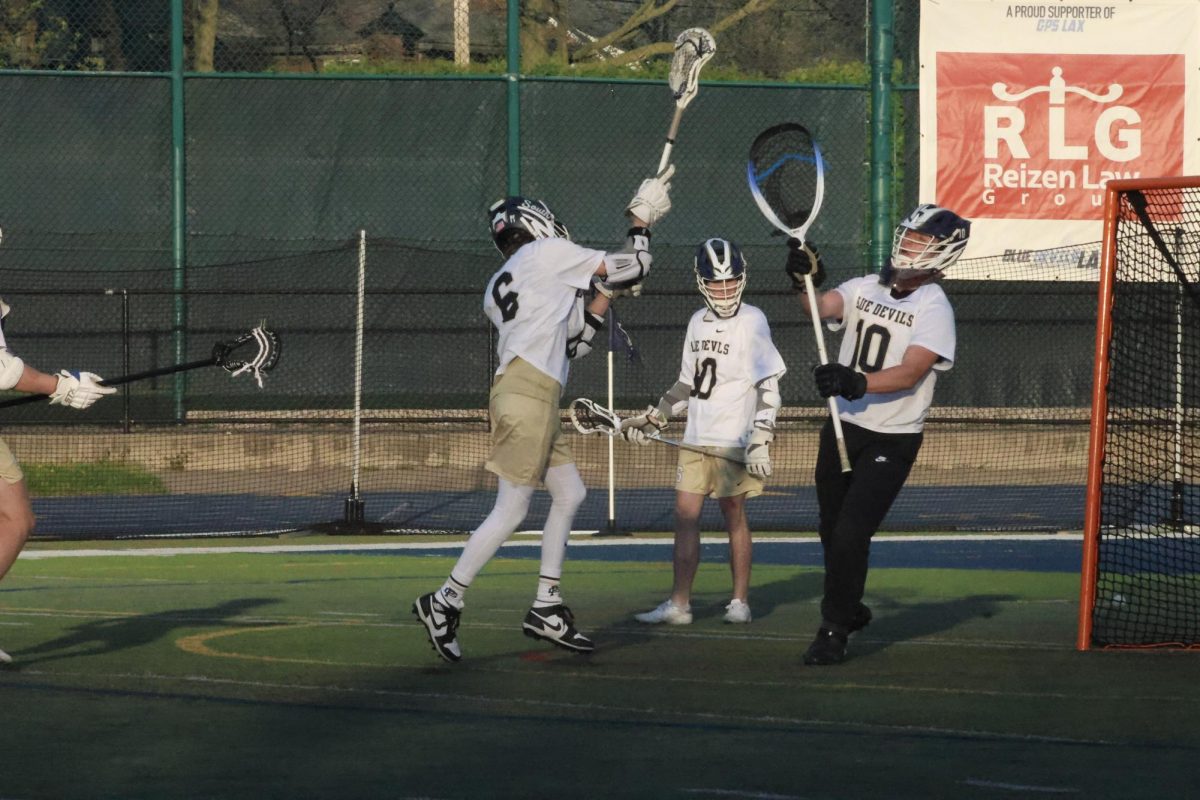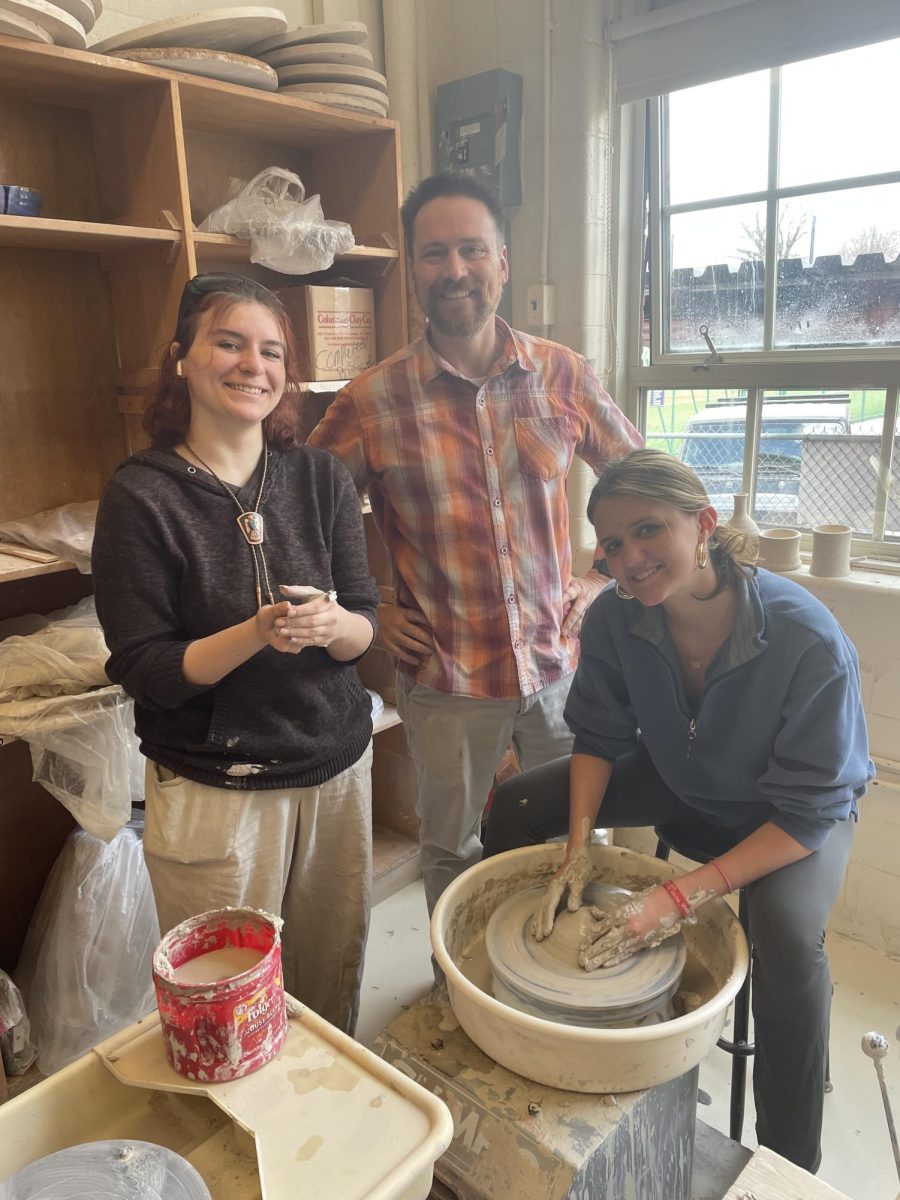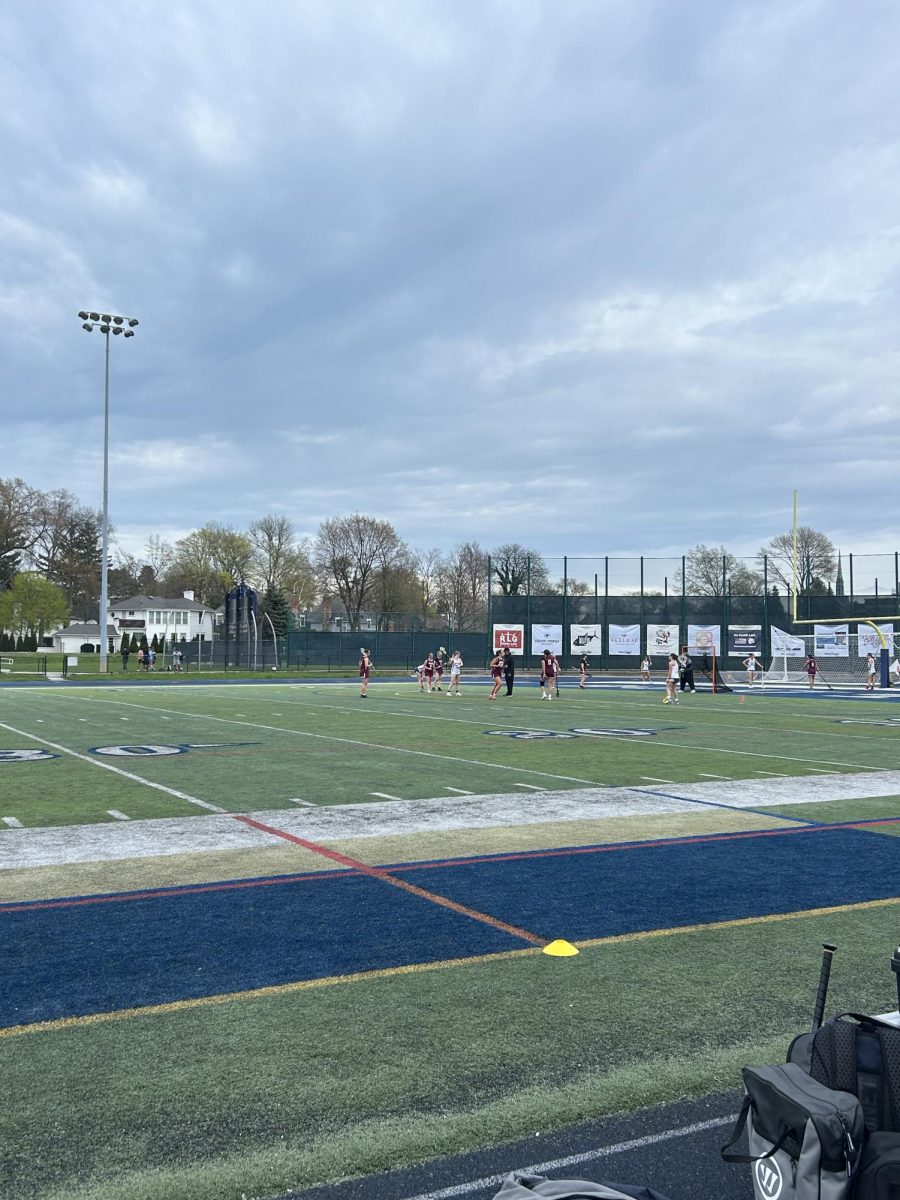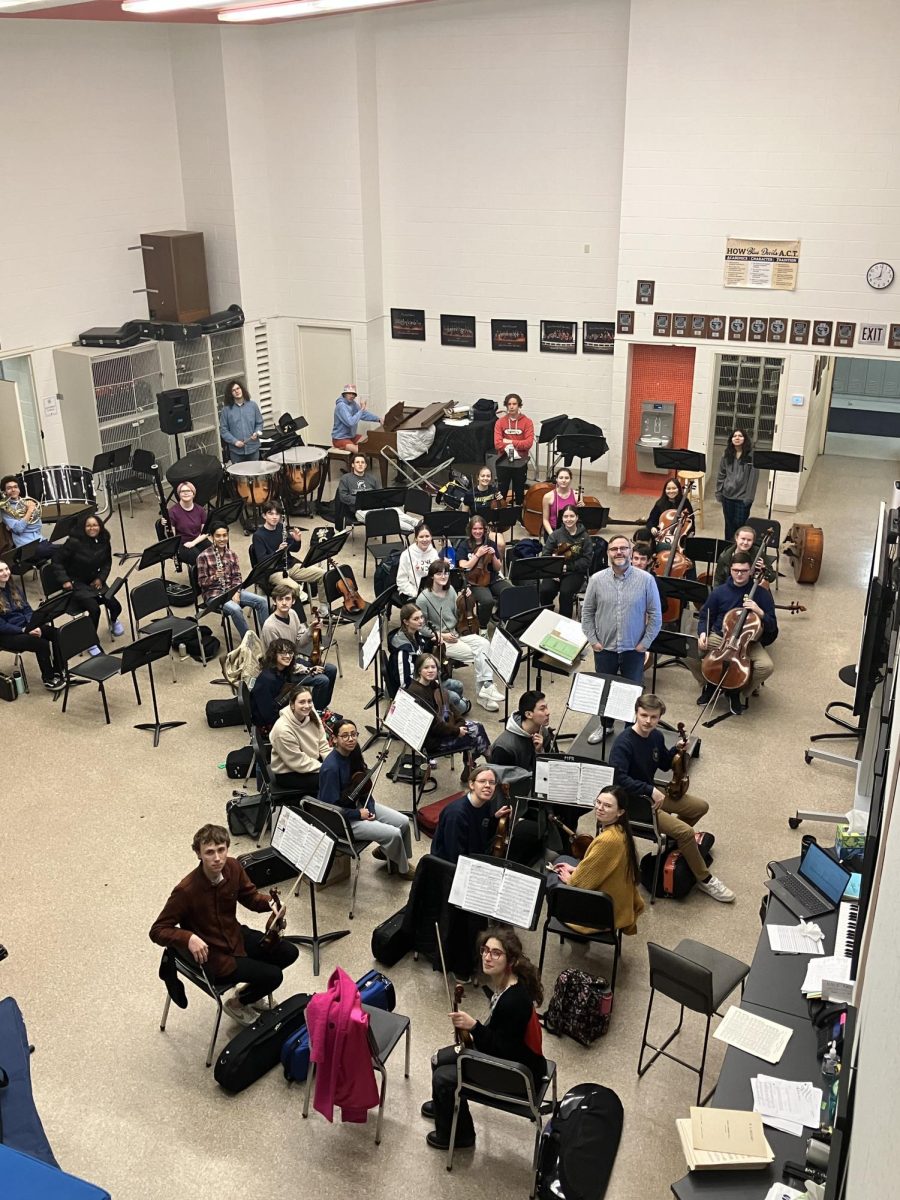By Olivia Lang ’15 | Feature Editor
After closing the doors at South for the last time, many other doors open for students, South alumna Katherine Wyman ’03 said. Although graduates do not always take the career path on which they had set out to do.
“When you’re coming out of high school, you have so many different choices, and the best thing to do is just try as many different things as you can and see what works,” Wyman said. “I was going to be pre-med, and I wanted to major in art or architecture. And things went in a very different direction.”
LAW SCHOOL
Now, nearly 10 years after her graduation from South, Wyman is a commercial litigator at a firm in Boston, she said. Wyman, a member of South’s Academic Hall of Fame, attended undergrad at Yale and graduated from Harvard Law School.
“If you had told me when I was a senior in high school that I was going to be a commercial litigator,” said Wyman. “I would have looked at you like you were crazy.”

Wyman said she represents individuals and companies who are involved very complex, high stakes lawsuits.
“I represent an Afghan detainee held at Guantanamo in his challenge to detention. The U.S. government has held him since 2002 without filing a single charge against him,” said Wyman.
In the New York Supreme Court, Wyman was also involved in a trial that lasted for ten days this summer, she said. Preparation for a case like this usually begins three years in advance of the trial.
Having attended post-secondary school on the opposite side of the country, Anne Osburn ’03, one of South’s “Brightest and Best” and currently a lawyer, said her time spent at law school at Stanford taught her better thinking skills.
“One of the things I loved most about law school, and the study of law, is how it applies to everything,” said Osburn.
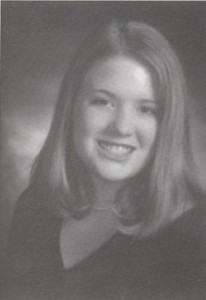
“There’s not much in law school that teaches you about the actual practice of law, but it teaches you a way to think and an appreciation for logic and tackling problems from a lot of different perspectives.”
Osburn said she spent a period of time in law school working in opposition to California’s three strikes law, which could sentence a person to life in jail for committing three relatively minor crimes like possession of drugs. For instance, a man’s third strike in one of Osburn’s cases was shoplifting a pair of socks. This past November, California passed a referendum changing the law.
“The law can do terrible things,” Osburn said. “When (the law) goes wrong, it can go so incredibly wrong and be so incredibly difficult to unwind.”
Despite the fact that Osburn said she believes the law can do wrong, she said that it still does a lot of good.
“There are amazing things you can do with the law. I am always in awe of it,” said Osburn.
But being a lawyer is not for everyone; South students have entered a menagerie of different professions.
THE ARTS
Currently an art history doctor of philosophy (PhD) student at Princeton, South graduate and founder of South’s French club, Alex Bacon ’03, said he spent his freshman year and the first half of his sophomore year in undergrad at the University of Michigan thinking he would go into the business industry.
“It became clear that I didn’t have the math skills to get into the business program (at the University of Michigan),” said Bacon. “So I just started filling up my schedule with things I wanted to take: history and art history classes.”
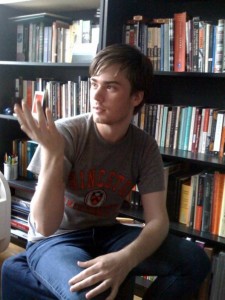
Even though Bacon said when applying to colleges he would have preferred to go to an Ivy League school, he believes attending the University of Michigan was pivotal in him finding his way to art history.
“If I had gone to Harvard, I might have just majored in economics and ended up in business somehow, and then I would have been unhappy,” said Bacon. “In a way, I needed to fail out of the business thing to discover art history, and I needed to meet certain people who then pushed me to continue in art history.”
Bacon credited a seminar he attended on Andy Warhol, an American artist from the mid-20th century, as the moment he realized art history could be the basis of his career, he said.
“It was the first time I kind of thought, ‘Oh my God, art is relevant to my life,’” said Bacon. “‘And maybe I’d like to do that myself.’”
In this line of work, a person can build their own career by doing a combination of things like curating a show, writing reviews of shows, and teaching art history as opposed to simply becoming an art history professor, Bacon said.
“I found out all these avenues were open to me kind of almost by chance,” said Bacon. “I can piece together a living; that’s what is exciting me right now.”
TECHNOLOGY
A person can receive a PhD in a whole slew of subjects that range from folklore to animal breeding. For instance, South graduate Stephen Oney ’03 is a fourth-year PhD student in Carnegie Mellon’s Human-Computer Interaction Institute, he said.
Oney attended the Massachusetts Institute of Technology (MIT) for his undergraduate degrees in computer science and math, he said. Despite moving to a new place, it did not take long for Oney to find his niche. He said he met many friends within his first week of college.
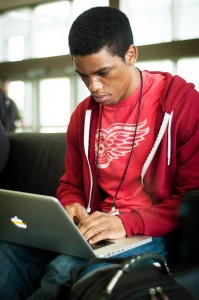
“It’s surprisingly easy to make friends. Whenever you go to a new city, that’s what everyone worries about. But college is unique in the sense that everyone is coming from all sorts of different places,” said Oney. “Pretty much any freshman there is looking to make friends.”
In human-computer interaction, a person studies how computers affect people and how to make them easier to use, Oney said. For his dissertation, Oney is creating a programming language that can be utilized by a wider range of people than current programming languages.
Every software program on any device is created with a programming language, Oney said. Devices may include a cell phone, a computer or a video game console.
“Most programming languages you have to be trained to use,” said Oney. “I am trying to come up with a programming language that takes into account the human side more, because I want it to be usable and easy to use.”
If Oney’s programming language was simple enough for nearly everyone to interpret and use, then the need for programmers would be nonexistent, he said. However, Oney said that gaining this much success with his programming language is unlikely.
“If I were to be successful beyond my wildest dreams, then I would put myself and other programmers out of a job,” said Oney.
PhD PROGRAMS
Being in a PhD program is something very different from other types of schooling, Oney said. Before that point, a person is given questions and in return is expected to provide the answers, but when in a PhD program, the student is responsible for generating both the questions and the answers in their dissertation.
Dissertations range from 200 to 300 pages, Bacon said. They have to tell a story; a dissertation must address a problem, say why that problem is worth addressing and give a solution to the problem, Oney said. Oney described his dissertation as “a novel that most people would not want to read.”
Unlike other forms of post-graduate education like medical school or law school, PhD students are often paid by the university at which they attend, said Oney. In a PhD program, the college will pay for the students’ tuition and they are given a stipend as well.
In most paid PhD programs, the student is required to work for the university as a teacher’s assistant (TA) for a certain amount of time, Bacon said. But due to Princeton’s large endowment and low enrollment, Bacon can attend without having to spend time working for the school. On the other hand, Oney must be a TA for two semesters during his time at Carnegie Mellon in Pittsburgh, Penn.
Different from other schooling, a student in a PhD program does not attend class after his or her first two years, Bacon said. This has allowed Bacon to live in New York City while he writes his dissertation.
“A place like New York is a great place to spend your twenties, when you’re not quite a full adult and you’re not quite an adolescent,” said Bacon. “I’ve become really swept up in New York and all the opportunities that are happening here. There’s just so much to do all the time.”
When a PhD student is working on his or her dissertation, he or she can decide when they will write it, Bacon said.
“I dictate my own hours; I work when I want to. Even though I am very busy, if someone says, ‘I want to have lunch,’ I can make the time,” said Bacon.
BROADCAST JOURNALISM

Contrary to Bacon and Oney, former South Homecoming Queen Marissa Torres ’03 put down the books and picked up the microphone after receiving her masters in broadcast journalism at Syracuse University, she said. Torres learns bits and pieces about all different things as a morning news anchor currently based in Colorado Springs.
“I know a lot, but a little bit about the lot of things that I know,” said Torres.
As a news anchor, Torres said she does stories on both tragic stories and uplifting tales.
“One of the hardest things as a journalist is that you report on everything, and included in that is tragedy,” said Torres.
Eight months into her first job, Torres said she was assigned to report on the funeral of a whole family who had been murdered and the killers were still on the loose.
“Most of the people did not want us there, but it was a high profile case. It was news; I had to be there. I got called names, and I was told I was heartless and soulless and I got called the B-word,” said Torres. “That was hard; I actually kind of cried for a second. I didn’t want to invade anybody’s privacy. Everybody was grieving, but you have to separate yourself from that.”
Not only was this a learning experience for Torres, but it made her reconsider her career choice, she said.
“I’ll never forget that moment,” said Torres. “(But) I stuck with (broadcast journalism), and it made me stronger.”
Not all of the stories on which Torres reports are so dreary, she said. Torres meets people who have overcome great adversity who inspire her.
“The best part (is) that I get to keep in touch with some of these incredible people who really make me stronger and make me have a better appreciation for life,” said Torres.
To expel the rumors, Torres said that being on TV is not nearly as glamorous as some think. Torres had to learn the correct way to read a teleprompter, she also has to write her own stories more often than the general public would assume.
“You can’t read (a teleprompter), you have to speak it. You have to sound like you’re talking. So I think that’s underrated,” said Torres. “It’s a lot about writing, and I think that’s important. In ‘Anchorman,’ I don’t think Ron Burgundy wrote a sentence.”
Additionally, Torres reports to work at approximately 3 a.m. and leaves around 1 p.m. To get enough sleep, she must go to bed at 7 p.m. each night.
“Your body does adjust (to your sleep schedule), and quick power naps, like cat-naps are survival,” said Torres. “ I love being awake in the mornings and help people get their day started, especially with a smile.”
HOME SWEET HOME
No matter where someone moves after graduation, home is always where the heart is, Torres said.
“I still feel most connected to Grosse Pointe and the Detroit area, so honestly I wouldn’t mind ending up back in Detroit somehow,” said Oney.
Despite having physically moved out of Detroit, Oney said he keeps Detroit and the city’s sports teams close to heart.
“I’m still a fan of the Tigers, Lions, Red Wings, and Pistons. Actually, after living in Boston, I ended up hating all of the New England and Boston sports teams,” said Oney. “(In 2006) I came back (to Grosse Pointe) hoping there was going to be a game five World Series game, and that didn’t end up happening.”
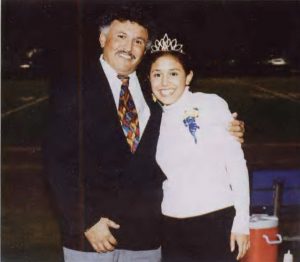
After spending four years with their classmates every day, most South students go on to college where this is no longer the case.
“You go away to school, you don’t see people for years and years and years, and then you find out they’re doing things similar to what you’re doing,” said Wyman. “We (members of my graduating class) run into one another every once in a while in funny ways, but we’ve gone in a bunch of different directions.”
With the widespread use of Facebook, it is easy to keep in touch with people without exerting much effort to do so, Osburn said.
“It’s interesting in the Facebook age that you’re basically in touch with everyone still,” said Osburn.
Facebook began when South’s Class of 2003 were freshmen in college, said Wyman. At the time, it was called TheFacebook.com and only allowed users to list their interests and broadcast their relationship status.
Ten years after graduating from high school, Bacon said he now feels like he is on the cusp of the next stage in his life.
“I no longer feel like I am going to be young forever. I kind of feel like I’m entering some sort of transition period out of my youth until whatever comes next,” said Bacon.


